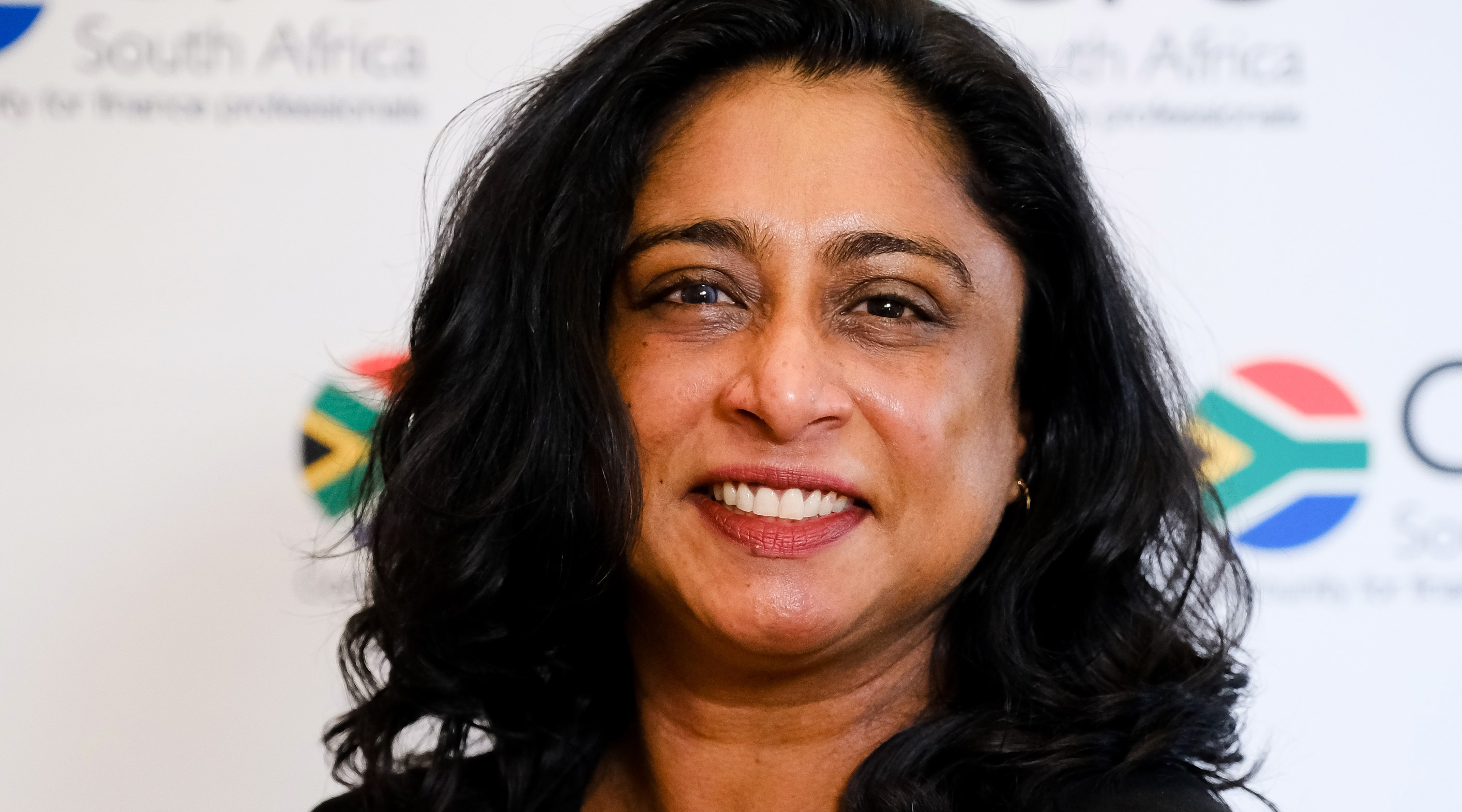The defence of Huawei CFO Meng Wanzhou failed on facts and law, China looks to the super-rich and more.
Carmakers are in the spotlight this week, with BMW securing funding for its long-distance electric vehicle battery project, while Toyota shares slump at news that the chip shortage will adversely affect global production targets. China eyes excessively high incomes and the US continues its bid to extradite Huawei CFO on fraud charges. The IMF, meanwhile, blocks funds to Afghanistan.
BMW EV battery project gets funding boost from government
A BMW project around the development of a long-distance electric vehicle battery has been awarded £26.2 million (R541 million) in joint funding from industry and the UK government.
The Oxford-based project, called BMW-UK-BEV, is one of four to receive funding via the Advanced Propulsion Centre Collaborative Research and Development competition.
With the UK planning to stop selling new diesel and gasoline cars and vans by 2030, the rollout of technologies able to boost the distances of electric vehicles will be crucial, according to a report on CNBC.
Huawei CFO under extradition spotlight
Canadian prosecutors said the defence of Huawei CFO Meng Wanzhou failed on facts and law, as hearings in their bid to extradite her to the US concluded.
Wanzhou was arrested in December 2018 on charges of fraud for allegedly misleading HSBC about Huawei’s business dealings in Iran.
The Chinese tech-giant executive will now await the judge’s ruling in her case, expected in October 2021, reports Reuters.
China looks to super-rich to ‘return more to society’
According to reports in state media, Chinese president Xi Jinping told officials, at a meeting of the Chinese Communist party’s central financial and economic affairs commission, that the government should “regulate excessively high incomes and encourage high-income groups and enterprises to return more to society”.
The commission said it would pursue its “common prosperity agenda”, which has become the main focus of China’s policymaking after reports of discontent within the party’s central committee over the rise of a new class of wealthy entrepreneurs, reports The Guardian.
IMF blocks Afghanistan funds
Afghanistan will no longer be able to access the IMF resources, with the lender saying this was due to “lack of clarity within the international community” over recognising a government, following the Taliban's recent takeover of the country.
Resources of over $370 million (R5,573 million) from the IMF, which is part of a global response to the economic crisis, had been set to arrive on 23 August.
Access to the IMF’s reserves in Special Drawing Rights (SDR) assets have also been blocked, reports the BBC.
Chip shortage knocks Toyota targets
Toyota shares slumped as much as 4.7 percent after a report that the chip shortage will force the world’s top automaker to cut global production for September by 40 percent, reports Bloomberg.
Toyota had intended to build about 900,000 cars next month, based on plans drawn up in July, but that number has been reduced to about 500,000 units due to the global chip shortage, the Nikkei reported without attribution.











